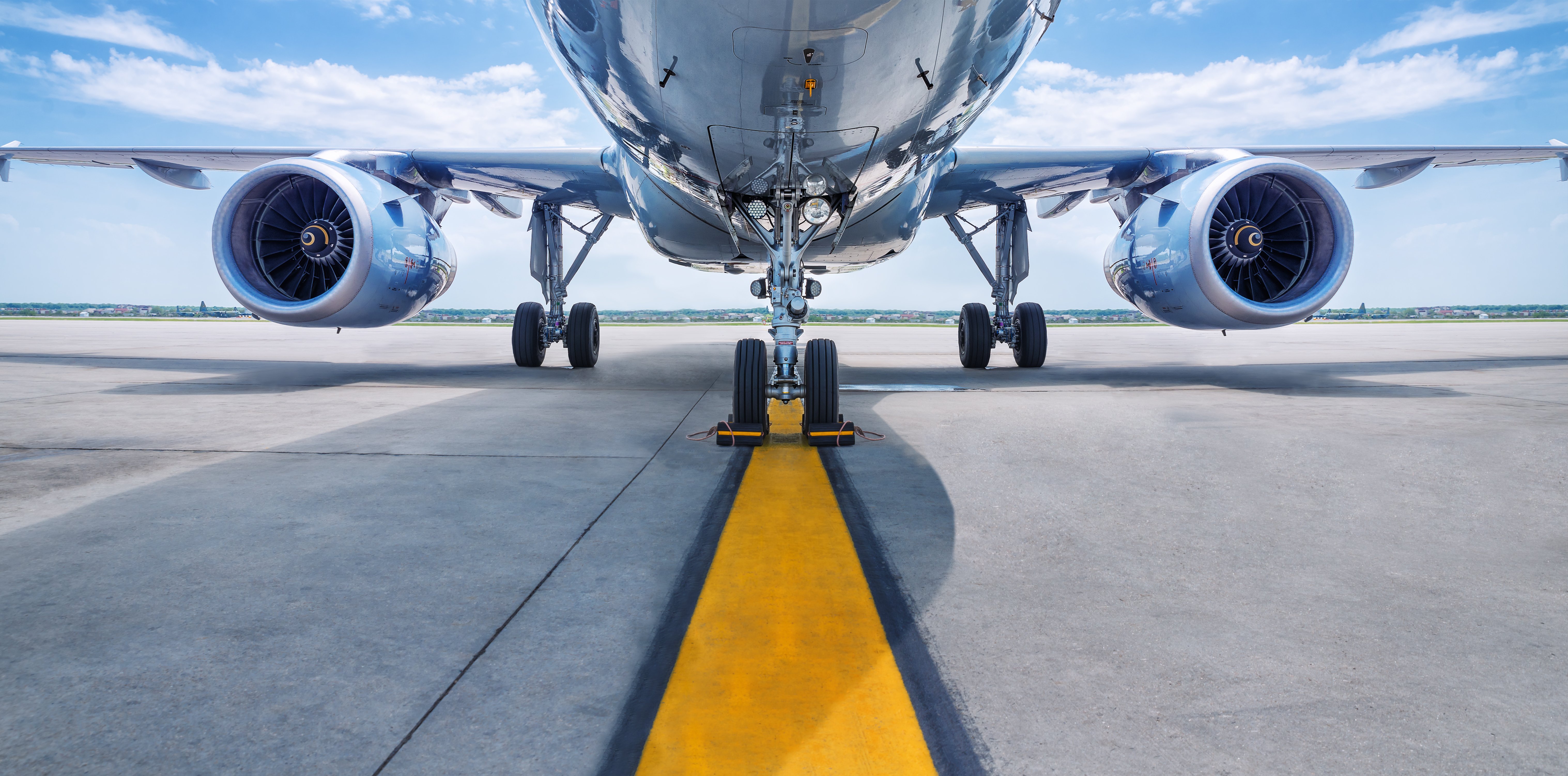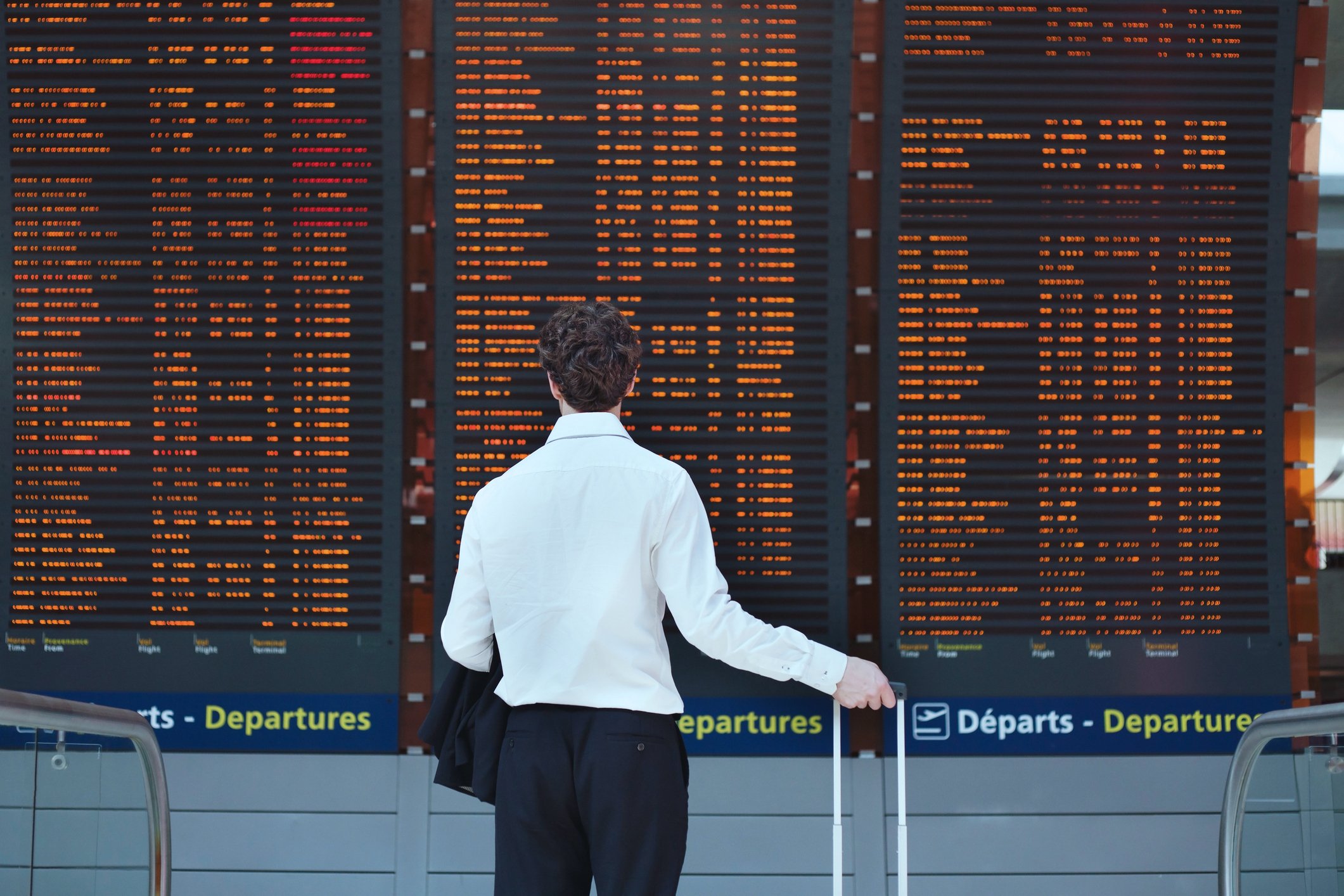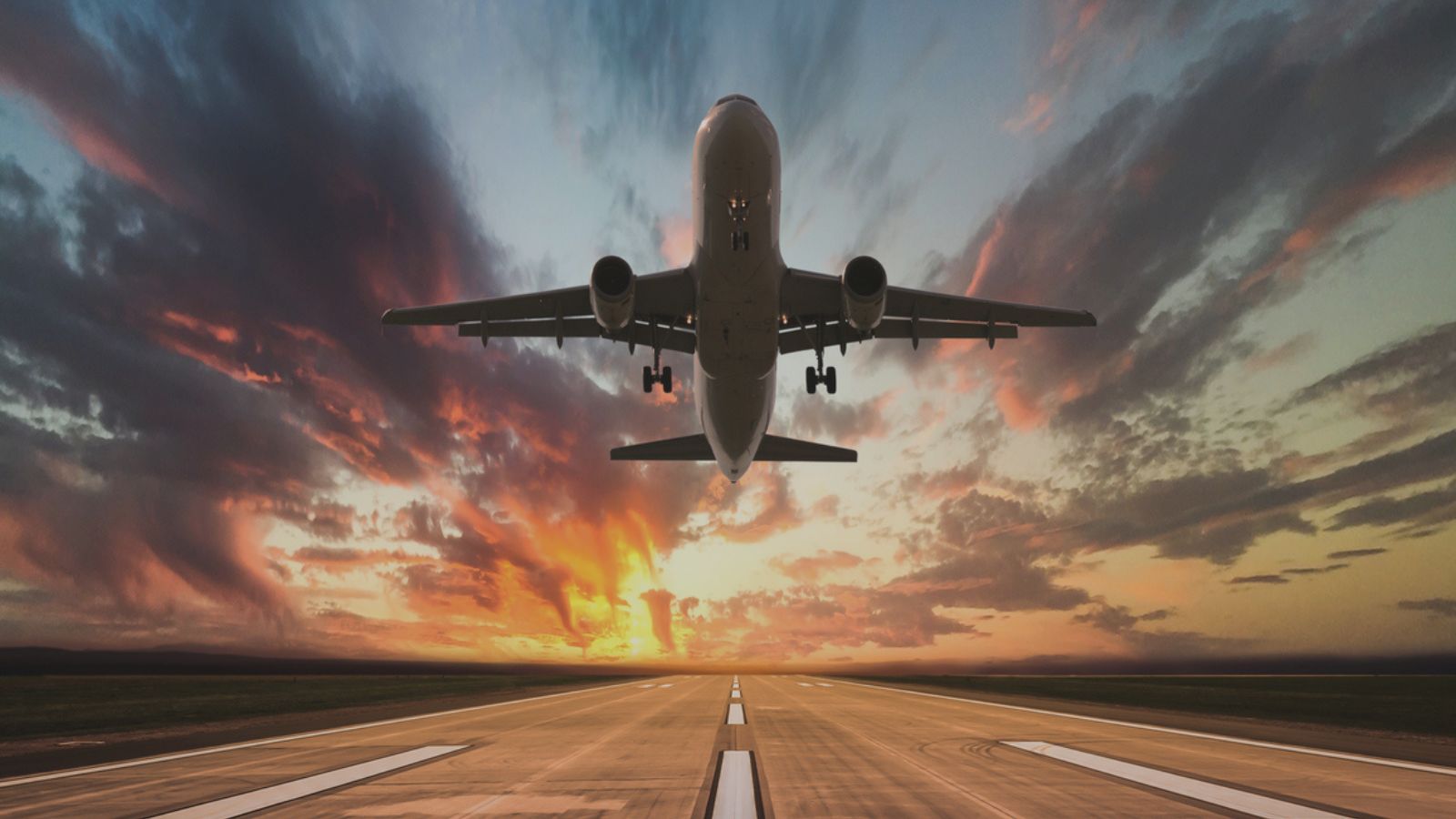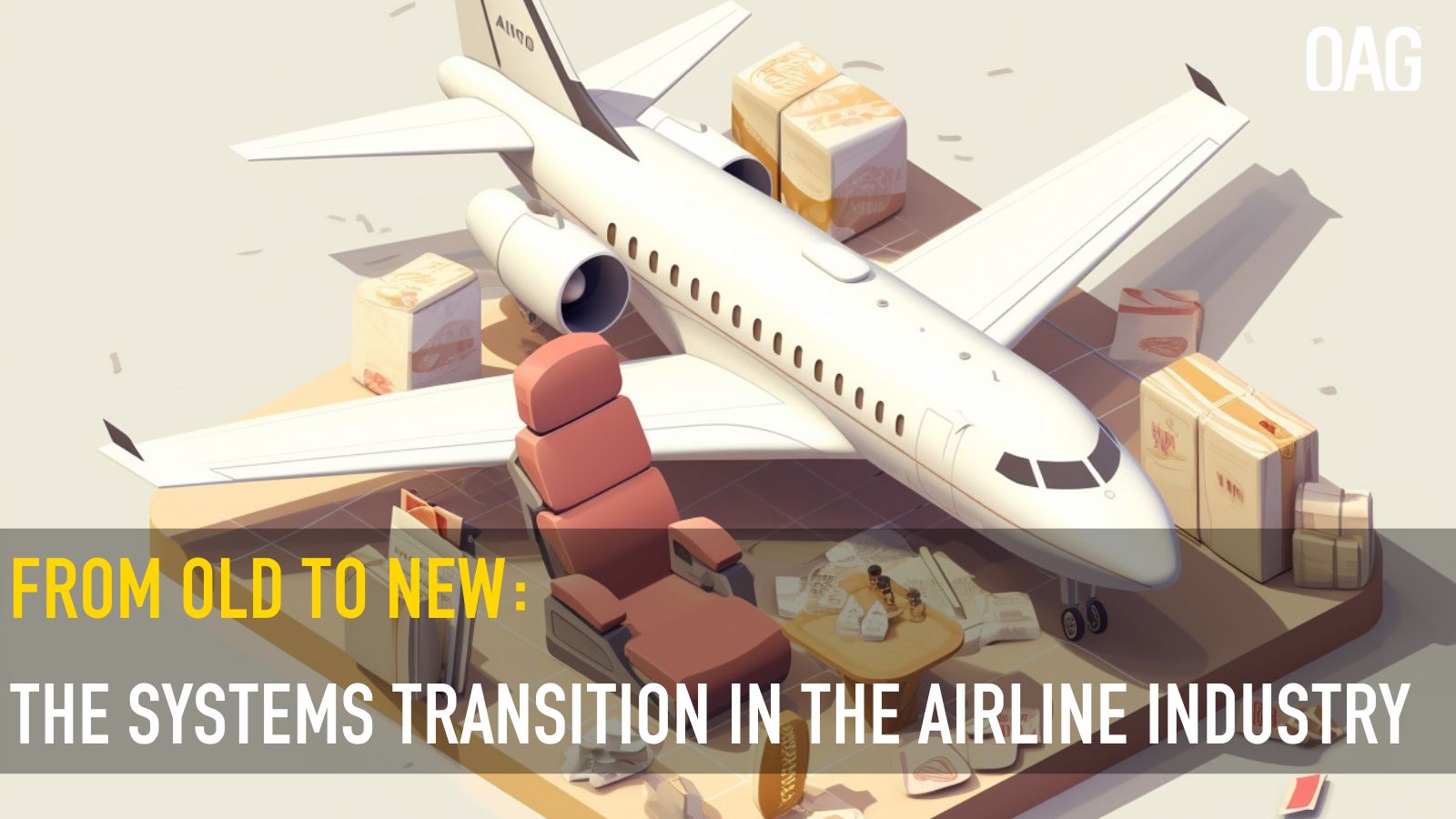Insights Include How Startups Are Changing the Game for Airlines to Address Consumer Demand in More Flexible Ways
OAG, the world’s leading data platform for the global travel inudstry, today released its comprehensive report, The Airline Tech Transition, which explores the transformative impact of technology on key airline business functions, including pricing, distribution, ancillaries and more.
The report offers analysis and insights on how leading travel tech startups, such as Hopper, TripAI and Otonomi, are driving the industry's evolution. For example, startups like these are spearheading the use of digital technologies to better serve changing traveler demands as influenced by generational preferences on brand loyalty, costs, on-time performance and more.
"We're in the midst of a technological revolution in the airline industry, with profound implications for how airlines operate and interact with their customers," said Jeremy Burke, chief strategy officer at OAG. "Our report shares valuable insights for professionals across the entire travel ecosystem so they can grasp onto the emerging opportunities provided by the exciting shift in travel technology."
KEY INSIGHTS UNCOVERED IN THE REPORT INCLUDE:
- Airline Revenue Management: The shift from dynamic offers to continuous pricing
- Airline Distribution: The transition from traditional GDS-led distribution to NDC
- Airline Ancillaries: The transition from up-selling to right-selling
- Airline Inventory: The evolution from network agreements to virtual interlining
- Airline Payments: The movement from fixed to flexible purchasing schemes
The Airline Tech Transition report underscores OAG’s ongoing commitment to analyzing and understanding the changes, challenges, and opportunities that lie ahead in the airline industry. It serves as a substantial foundation for comprehending the current state of the airline tech transition, a dynamic journey filled with innovation, creativity, and groundbreaking developments.




.jpg)





.png)








